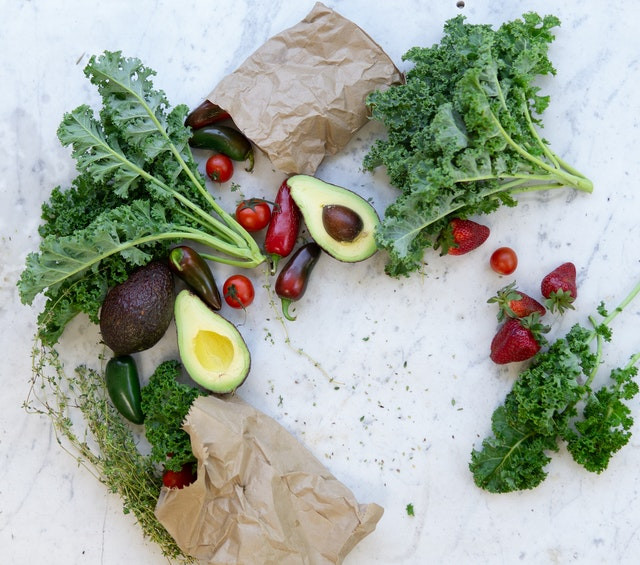
4 Reasons to Buy Organic
3rd Apr 2020
Organic food is food grown according to certain standards. Organic farming does not allow practices and materials such as synthetic fertilisers, sewage fertilisers, genetic modification, or hormone use for animals. Here, we outline four reasons why you – as an individual or as a business – should buy organic.

Better for the Soil
Organic farming results in higher quality soil and less erosion. About 50 million hectares (half the total area) of Australia's agricultural land has acidic topsoils. Organic farming is based on the practice of land regeneration, such as using complementary crops to balance monoculture planting (where the area consists of one crop). Organic farms also reduce soil erosion. When ecosystems are cleared and planted instead with one, intense crop (monoculture), soil erosion can occur because the new crop is not as good at holding the ground in place as the former ecosystem was. Soil erosion is a problem worldwide, causing flooding and air pollution due to dust clouding the air. Organic farming uses methods such as conservation tillage, cover crops, and windbreaks to control erosion.
Better for the Insects
Organic farms let insects flourish and do not kill them with pesticides. We are currently in what some people call "insectageddon" – insects around the world are disappearing. It's not so long ago that people recall the "windscreen test" – where a half-hour drive would mean you had to wash your car because of all the insects smeared over it. Now, that is a thing of the past. The main driver for insect loss is intensive farming, due to the heavy use of pesticides. Organic farms have more insects compared to non-organic farms, and the growth of organic farming could be an important part to saving insects, which are crucial to all ecological functions.
Better for the Water
When farm pesticides get into the water, they harm aquatic life. Farm run-off can have negative impacts on waterways. More than 29,500 tonnes of herbicides, insecticides, fungicides, and plant growth regulators are used in Australia each year, and land clearing makes it more likely that these chemicals will find their way to lakes and rivers. When high levels of nutrients, such as are in insecticides, reach the water, they cause algal blooms which in turn reduce oxygen and light in the water and causes other plants and animals to die.
Better for You
Eat organic for higher quality nutrients! Organically produced food has moderately higher nutrient levels and fewer toxic metals than conventionally grown food. So why not make the switch, and the environment, your customers – and your health – will thank you!
Information taken from The Guardian, MayoClinic and FoodWise. Read about why we should go plastic-free and how to stay plastic-free in the midst of COVID-19, on our blog.
Planet Friendly Packaging acknowledges the traditional custodians of the land on which we work. Our thoughts go out to everyone affected by COVID-19. Stay safe.

